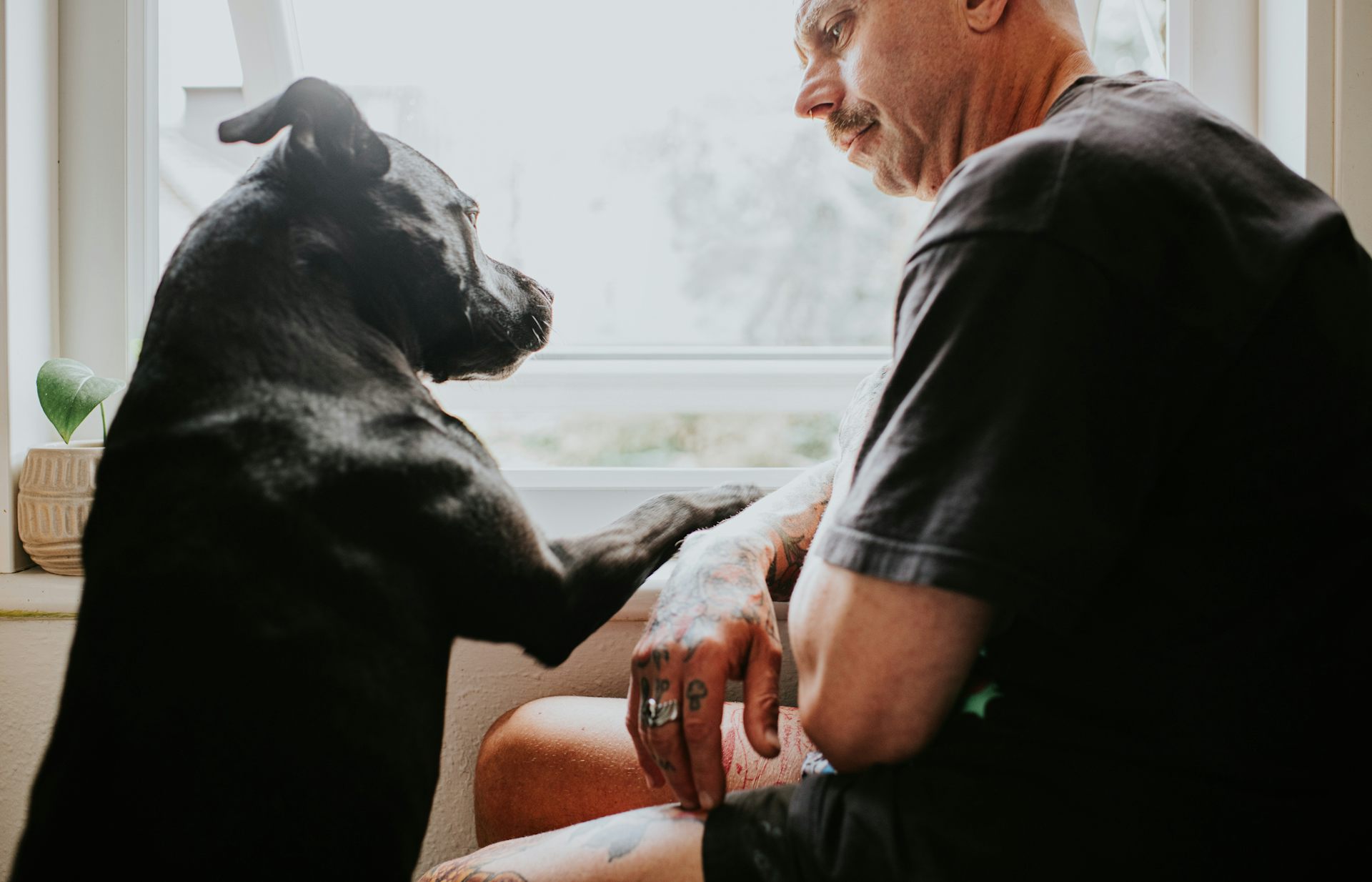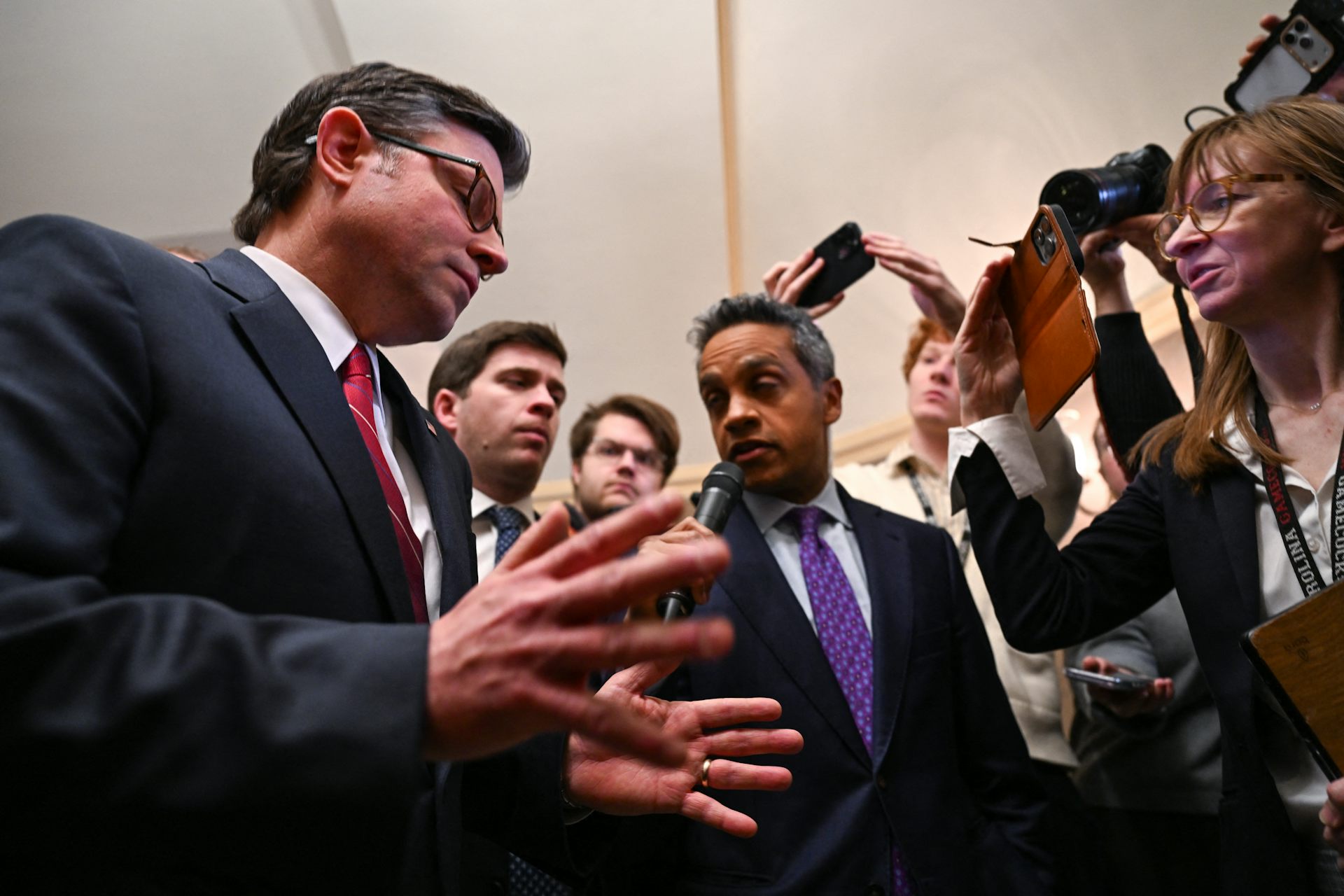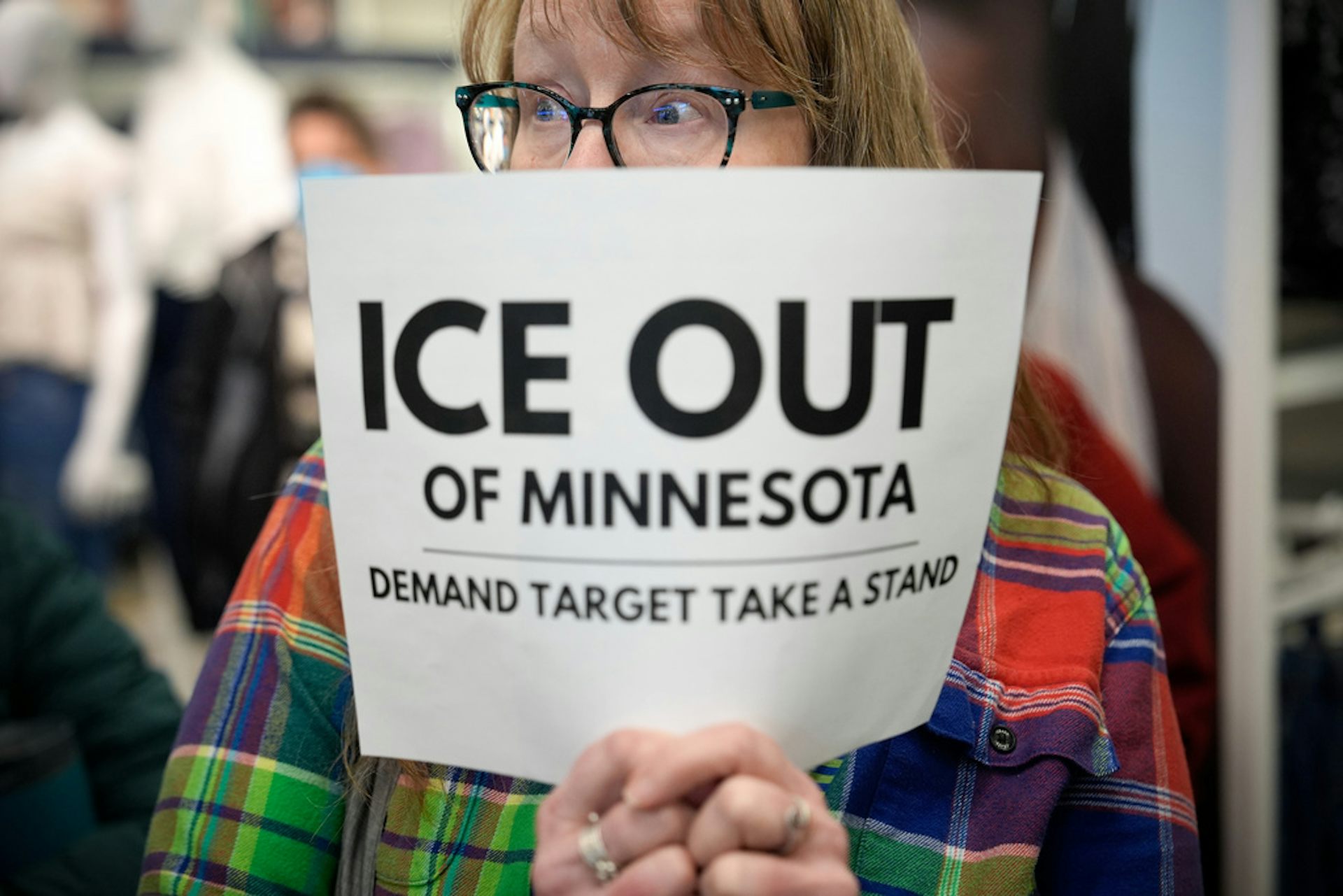How Lula evolved from Brazil's top politician to its most notable convict
Now that a judge has convicted Luiz Inacio da Silva of corruption and sentenced him him to almost a decade in prison, what's next for the country that loves him?
Brazilians watched along with the rest of the world as one of the country’s leading federal judges ruled that its most popular political figure is a criminal.
On July 12, Sergio Moro, the federal judge leading Brazil’s massive “car wash” investigation, convicted former two-term President Luiz Inacio “Lula” da Silva of corruption and sentenced him to nine and a half years in prison.
My academic engagement with Brazil began in the late 1970s, well before Lula – as he’s commonly known – finally won the presidency in 2002 after three tries. Over these four decades, I witnessed his remarkable rise and now his devastating fall, and met him three times.
Given that Lula is practically synonymous with brand Brazil, I believe his conviction confirms the total bankruptcy of Brazilian politics and raises serious doubts about the future of Latin America’s largest country.
Lula’s rise
Lula’s improbable emergence from the poverty of the Northeast and slums of Sao Paulo to the highest office in the land is well-documented.
As a young political scientist focused on Latin America, I first became aware of Lula the union organizer and political activist in the industrial suburbs of Sao Paulo during the country’s harsh military dictatorship (1964 to 1985). On three occasions our paths crossed.
The first came in the halls of Congress in the late 1980s when he served as a deputy following Brazil’s return to civilian rule. I initially dismissed Lula as a being too far on the leftist fringe to become a serious national player. But he defied skeptics like me and rapidly rose to prominence, where he remains today.
In 1989, in Brazil’s first democratic election since 1960, Lula made his first bid for the presidency. Although he lost, he made a much stronger showing than predicted. The campaign rallies I observed were large and impassioned.
Throughout the 1990s, Lula and his socialist Workers’ Party (PT) strengthened their hold on politics. The party increased its representation in Congress as well as at the state and local level. Lula ran again in the 1994 and 1998 presidential elections. Again, he fared well but lost.
Eventually Lula and the PT leadership saw the need to broaden their base beyond blue collar workers, urban slum dwellers and the rural poor if they were to win power and govern. This meant moderating their hard left image.

Moving to the center
I witnessed the beginning of this effort in the 1994 campaign.
A respected public figure – who was not a PT militant but saw Lula’s potential – set up a trip for the candidate and his advisers to Washington and New York. The goal was to assure political and business leaders that he would not upset U.S.-Brazil relations if elected.
I was invited to sit in on a meeting of the delegation with two members of the Senate Foreign Relations Committee and to attend a reception where one of the hosts was Lincoln Gordon, ambassador to Brazil during the 1964 military coup. In the minds of many Brazilians, Gordon represented Washington’s support for the armed takeover and would not have expected Lula to meet with him.
On another occasion five years later, a Lula adviser approached me during a trip to Brazil and asked if a delegation of institutional investors I was accompanying would be interested in meeting his boss, who was dining at the same Brasilia restaurant. To me, this was another instance of reassuring foreign investors they could continue to make money in Brazil.
These and many other examples of outreach to the center proved decisive to Lula’s eventual victory in 2002. His “Letter to the Brazilian People” promised that his government would pursue market-friendly economic policies. This pledge neutralized business opposition and calmed the middle class. He also promised to root our corruption from politics.

Lula’s pledges
Because of the widely perceived failure of Brazil to realize its potential, Brazil was branded as “the country of the future … and always will be.”
President Luiz Inacio Lula da Silva had a mandate to lead Brazil into the future by integrating the dispossessed 40 percent of the population into the nation while working with the private sector to grow the economy and strengthen the rule of law.
In an annual assessment of the Latin American business environment, published from 1999 to 2014, I chronicled Lula’s considerable accomplishments in fulfilling two-thirds of his promises: His government coupled redistributive social programs with pro-growth measures, and as a result the economy boomed, poverty declined and life got better for all Brazilians.
Achievements at home won Lula and Brazil recognition and respect abroad. Brazil’s reward for becoming a “serious country” under Lula was hosting the 2014 World Cup and 2016 Summer Olympics. Lula finished his second term as “the most popular politician on Earth.”
But it was his failure to address his third promise, to clean up politics and to strengthen the rule of law, that appeared to be his undoing.
Lula’s fall
While in office, Lula managed to deflect charges of corruption – even though there was a congressional vote-buying scandal and key members of the government were forced to resign to fight criminal charges.
The car wash (lava jato) investigation, which has focused on corruption involving the national oil company, Petrobras, has already taken down many once-“untouchables” in politics and business, such as former Speaker of the House Edardo Cunha and construction mogul Marcelo Odebrecht.
And it has now laid bare the full extent to which Lula and PT leaders engaged in politics as usual. They now join the rogues’ gallery of those under investigation, convicted or in prison. Its ranks include President Michele Temer and the presidential runner-up to Dilma Rousseff in 2014, Sen. Aecio Neves.
So far, more than 200 lawmakers, former presidents, Cabinet officials and businessmen have been convicted of corruption as a result of the car wash investigation. With Lula joining their ranks, it shows clearly that Brazil’s current political class has lost all credibility.
Rouseff, for her part, was impeached last year, but it was not for corruption.
Brazil without Lula
Lula is not going quietly.
He proclaims his innocence, claiming the charges against him are politically motivated. And he says he will run for president in the 2018 election – a contest in which he remains the favorite in the most recent polls – and is campaigning while his conviction is appealed.
Even should his conviction be reversed, however, I believe that after three-plus decades as the commanding figure of Brazilian politics, the Lula era is over. He faces other criminal charges. And although still popular, his negatives are rising. One recent poll shows 46 percent of those surveyed would vote against Lula.
So where does that leave Brazil? How much of the good he accomplished will survive is uncertain, as is who will replace him to lead Brazil into the future.
Brazilians can only hope that it is someone who shares Lula’s commitment to social justice and economic partnership with the private sector, yet unlike him has a genuine commitment to strengthening rule of law. The one thing we know for sure is this person will not come from the bankrupt political class.
One person who fits that bill in the view of an increasing number of Brazilians is Judge Sergio Moto, whose integrity they see as unimpeachable.
Terry L. McCoy does not work for, consult, own shares in or receive funding from any company or organization that would benefit from this article, and has disclosed no relevant affiliations beyond the academic appointment above.
Read These Next
Americans are asking too much of their dogs
People don’t just love their dogs; Many owners seem to love pets more than people. It’s a symptom…
Journalism may be too slow to remain credible once events are filtered through social media
Responsible journalists verify and fact-check information. That can create a lag, leading the audience…
No animal alive today is ‘primitive’ – why are so many still labeled that way?
All species alive today, from chimpanzees to bacteria, are cousins that each have equally long lineages,…






